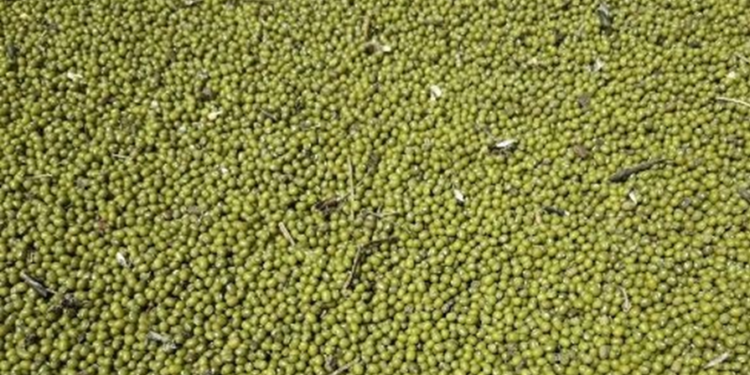Kenyan farmers are facing a challenging new reality as the government introduces stringent regulations on the planting of green grams, commonly known as “ndengu.”
According to a newly proposed bill in the Senate, any farmer caught planting green grams without a proper license could face a fine of up to KES 2 million or a jail term of up to two years.
The bill imposes strict licensing requirements for the production, marketing, and processing of green grams. According to the proposal, “A person shall not market, process, or carry out large-scale trading in mung beans or mung beans products unless the person has obtained a licence from the relevant county government.” Violations of these provisions could lead to severe penalties, including “a fine not exceeding one million shillings or imprisonment for a term not exceeding two years or both.”
The government’s move is part of an effort to regulate the production and quality of green grams in the country, ensuring the crop meets the required standards for both local consumption and export markets. However, the new regulations have sparked significant debate among stakeholders, with concerns that the cost and complexity of obtaining a license could be beyond the reach of many small-scale farmers.
The proposal mandates that county executive committee members establish a county licensing committee to oversee the effective implementation of the regulations. This development has raised fears among farmers, who argue that the additional bureaucracy might discourage farming activities, especially among low-income farmers who rely on green grams as a critical source of income.














